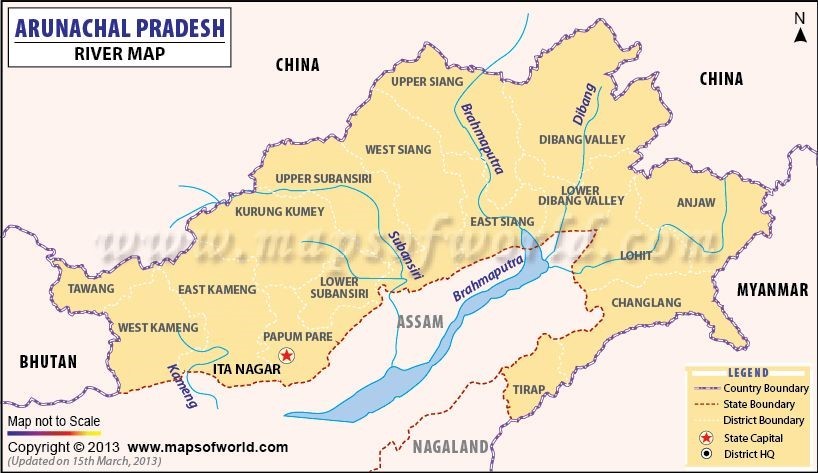Free Courses Sale ends Soon, Get It Now


Free Courses Sale ends Soon, Get It Now



Disclaimer: Copyright infringement not intended.
Context
About
About the Subansiri Lower Hydroelectric Project (SLHEP):
Subansiri River
Controversy regarding SLHEP
Other Contentious Dams
The Sardar Sarovar
Mulla Periyar Dam
Polavaram project
Kishanganga Hydroelectric Plant
|
PRACTICE QUESTION Discuss the environmental, social, and economic implications of large dam projects in India, taking a specific case study as an example. (250 words) |
© 2024 iasgyan. All right reserved